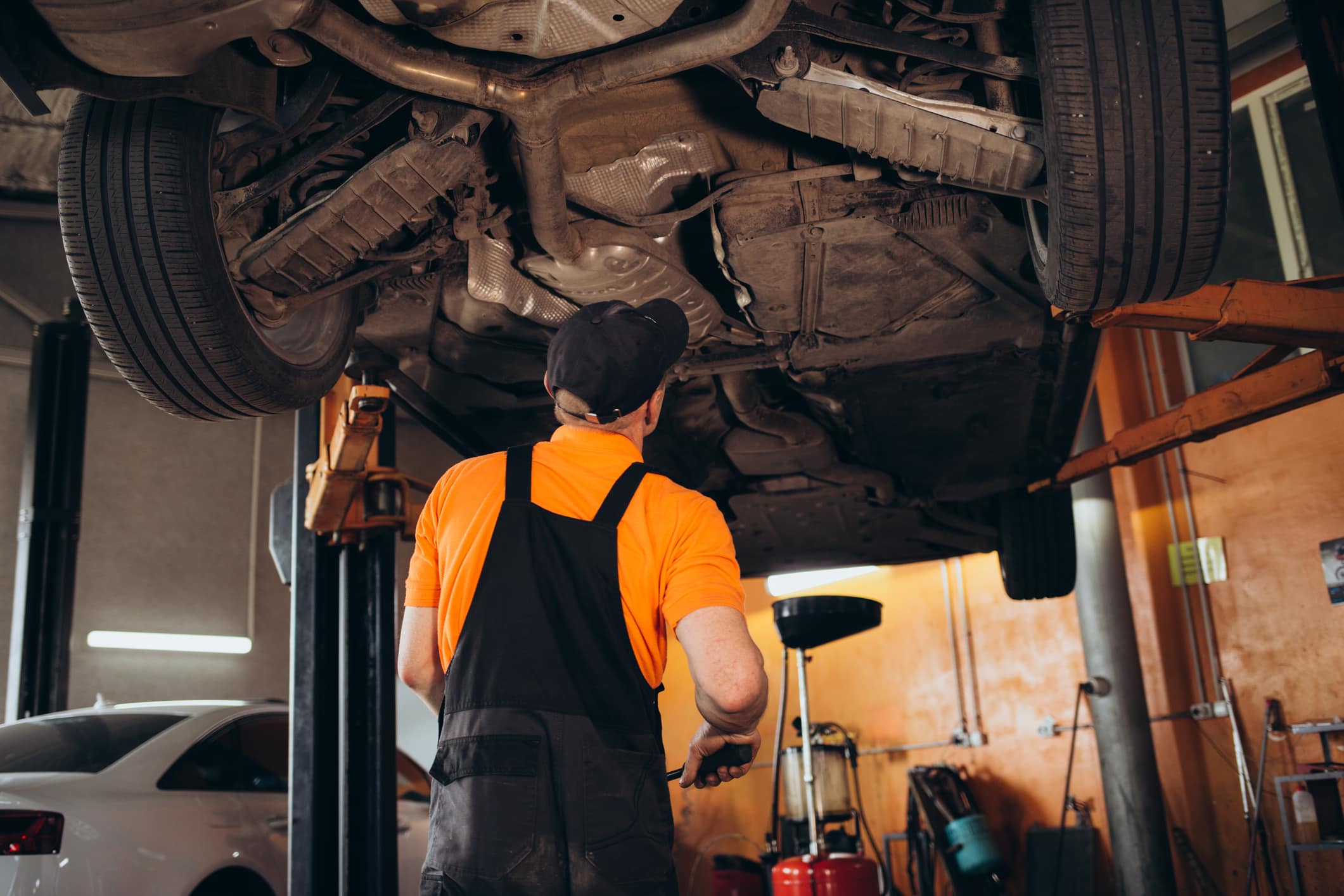The MOT is a test designed to assess whether your vehicle is safe to be driven on the road. The examiner will look at the mechanical aspects of your car such as brakes, steering, and wiper blades as well as interior safety aspects such as whether your seat belts are in proper working condition.
However, not all vehicles on the UK’s roads must take this test, some of them are exempt for a multitude of reasons. Being clear on what these exemptions are will give you peace of mind and ensure you’re not wasting time and money booking MOT tests that you need not attend.
What is an MOT and When Does My Car Need an MOT?
As mentioned, an MOT is a general test of motor vehicles that assesses their roadworthiness. The test also includes an emissions test that can be helped by using Redex’s Petrol or Diesel Super-Fast Emissions Reducer.
The test must be carried out by vehicles three years after they are first registered.
You can check when your car’s MOT is next due by entering your registration number into the Government’s MOT checker.
The most common causes of failure according to the Driver and Vehicle Standards Agency (DVSA) are lighting and signalling, suspension, brakes, tyres, and visibility.
Can Cars Become MOT Exempt?
As well as new cars being exempt from the MOT, vehicles that are more than 40 years old are also exempt unless they have had significant changes to them in the past 30 years, for example, a new chassis 10 years ago.
Items that the DVSA consider significant changes include:
- Chassis
- Body
- Axles
- Steering
- Transmission
- Engine
It is, however, worth noting that all vehicles must be roadworthy even if they are exempt from the MOT. For this reason, we’d recommend carrying out voluntary MOT testing on vehicles that aren’t legally required to undertake the test.
Which Vehicles are Exempt from an MOT?
Older vehicles might become exempt, but you might be wondering if there are any vehicles that are always exempt from the test. The answer is, yes, there are some vehicles that are never required to take an MOT.
These vehicles are:
- Tractors
- Electric-powered goods vehicles registered before 2015, such as milk floats.
- Buses/Lorries/Trailers
- Vehicles declared as off the road (SORN).
Although buses, lorries, and trailers are exempt from the traditional MOT, they must pass another series of safety tests specific to heavier vehicles, this is sometimes called the annual test.
How to Declare Your Vehicle as MOT Exempt
To declare your car as MOT exempt, you must complete the V112 form and send it off to the DVSA.
If the car you’re declaring meets those requirements, you will receive confirmation that your vehicle has been declared exempt from the MOT test.
What is VED?
Vehicle Excise Duty, often referred to as road tax, is a statutory payment that must be made by owners of most powered vehicles on UK roads.
Vehicles registered before 1 March 2001 have their VED calculated by the size of the engine:
| 12 months | 6 months | |
| Not over 1549cc | £200 | £110 |
| Over 1549cc | £325 | £178.75 |
Since March 2001, vehicles have had their VED calculated by the amount of CO2 that they emit. As it currently stands, newly registered vehicles pay different amounts in their first year depending on emissions, and then £180 every year subsequently.
Cars that are exempt from VED include:
- Vehicles used by people living with a disability
- Historic vehicles (over 40 years old)
- Vehicles declared off the road (SORN)
- Electric vehicles
Important Car Checks Everyone Should Consider All Year Round
An MOT is a test that only occurs once per year, so it is important to maintain your vehicle outside of it. Some important aspects to keep in mind that will contribute to passing an annual MOT are:
Brake performance
To test whether your brakes are road-worthy, you can have a cursory look at them to check their general condition. As well as this, your brakes shouldn’t feel spongey when you press the brake pedal.
Fluid levels
General fluid levels should be checked and maintained throughout the year. You should check for windscreen washer levels, oil levels, and brake fluid levels.
Tyre pressure and condition
Your tyres are the item that connects you to the road so they must be in good condition to deliver safety and performance. Ensure that they’re inflated to the correct pressure and that there aren’t any bulges, cuts or balding on them.
Windscreen performance
To be roadworthy, a windscreen must offer clear visibility at all times. To deliver this, your wipers must be in good condition, as well as having adequate levels of screen wash in your car’s reservoir. In addition to this, you should check for any chips or cracks routinely before they turn into a larger problem.
That concludes our answers to the most asked questions regarding MOT exemptions. You should now be able to confidently tell if your car is exempt from the MOT as well as VED.
It’s worth remembering that just because your vehicle is exempt from the MOT, that doesn’t mean it is exempt from being roadworthy. You should keep on top of your car’s maintenance and performance using Redex and other Holts brands.


